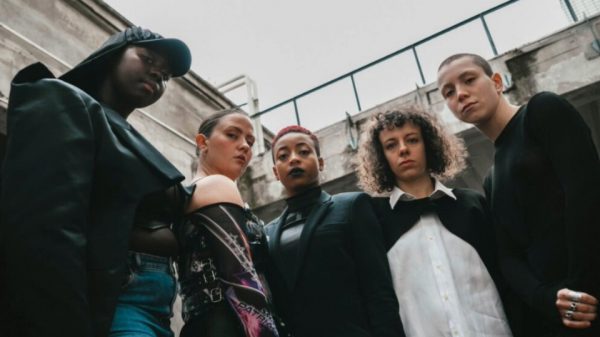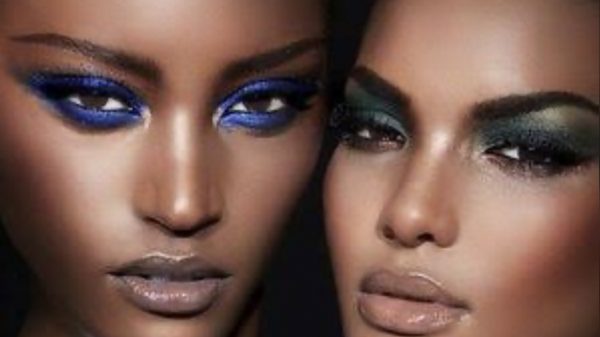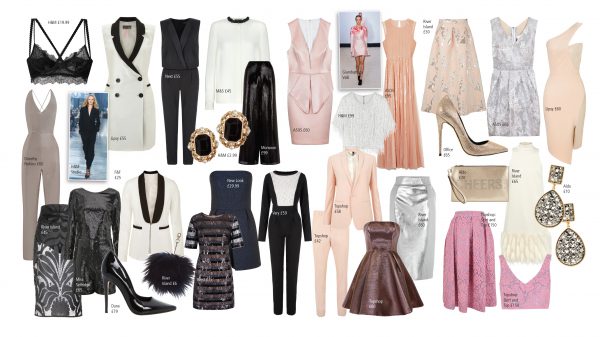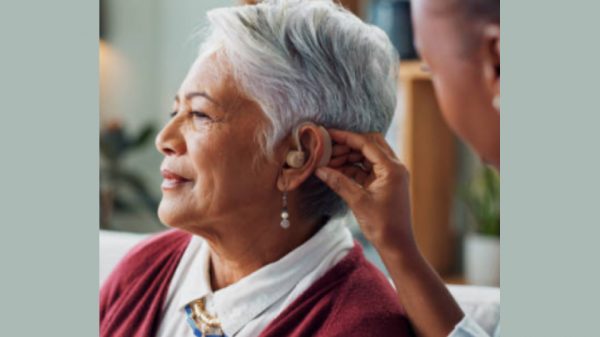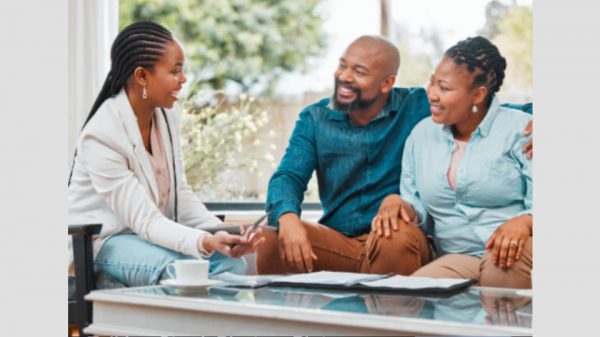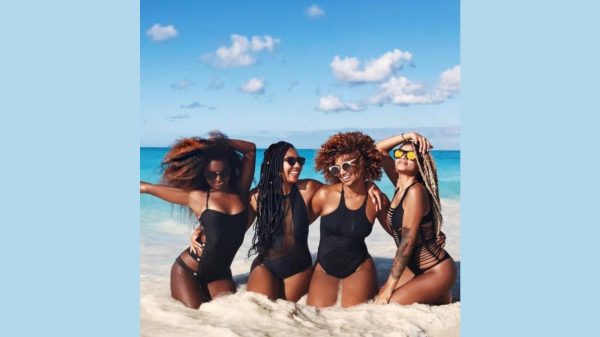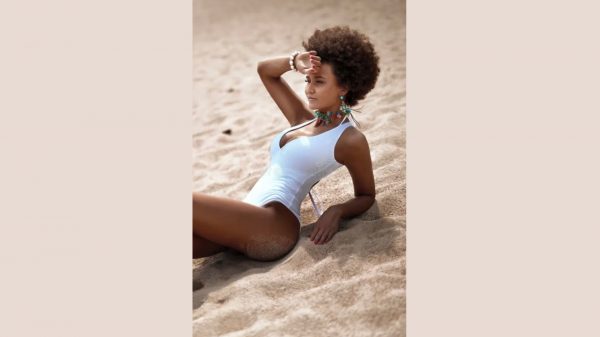Love Island star Ovie Soko was one of the main highlights of the 2019 season, with his light-hearted and sensitive nature charming the nation. Nicole Vassell celebrates this moment of black men and boys getting to be who they are
After two months, Love Island’s hold on the nation is over. The hit series, which had more ups, downs, head spins and shocking moments than viewers could have imagined is over for another year, meaning that people up and down the nation now have their evenings free to do things other than keep their eyes glued to the TV, watching yet another fledgling relationship crumble under the extreme circumstances of reality television.
Though there are surely plenty who are happy to see the moment end, there was also a lot to celebrate: seeing women triumph over problematic behaviours from their boyfriends, and the strong sisterhood built by the female contestants being some examples. But one standout source of light in the 2019 series came in the form of Ovie Soko, and his refreshing and carefree attitude.
The professional basketball player from London entered the competition at the midway point of the series, tasked with tempting a potential love interest away from her partner, thus breaking up an established couple – a somewhat controversial start. And although he could have faded into the background, like plenty of other contestants who’ve entered the game at that point, Ovie quickly established himself as one of Love Island’s all-time favourite cast members. His chilled, non-combative nature ensured he fit into the house with ease, and proved himself to be a good friend to fellow islander Amber Gill in the midst of intense moments of drama.
However, it was his goofy, silly tendencies that charmed the public – from his frequent nods to 1996 film Don’t Be A Menace by shouting ‘Message!’ after a text alert, to shedding tears of sadness when a close friend was eliminated, Ovie’s presence on the show was one of brightness and good energy.

For many black viewers, seeing him on screen every evening was warming, and familiar – he seemed like so many people we know. For the longest time, when black men and boys are shown on screen, they’d be portrayed as hard, tough guys who’d want nothing less than their stony exterior cracked. In reality, this isn’t always the case. This imbalance in in representation is something experienced by black women and girls too – they’re quick to be seen as being aggressive in moments of passion, rather than being given the benefit of the doubt.
Some were surprised when after a few episodes, Ovie’s chilled out, warm-hearted nature was revealed; but some initially deemed it as being ‘fake’, or proof that he was ‘playing a game’ to stay on the show. Comments on Twitter even went as far as claiming that he’s ‘too soft’ to be a true representation of someone from London. Though likely said in jest, it illuminates the assumption of some that to be a ‘real’ black man, there has to be an element of aggression in every one of their actions – and that’s disappointing.
By being surprised at his friendly, calm nature, people expose themselves as having placed a judgement on him, before truly trying to learn anything about who he is. Black men and boys deserve the space to express themselves without anyone doubting their statuses as being ‘true’.
Reality TV isn’t the only space that typical ideas of what marks black masculinity have had room for expansion. Inua Ellams’ play Barber Shop Chronicles is a wonderful example of this resistance of a negative stereotype; full of warmth, laugh-out-loud humour and skilfully tackling webs of difficult emotions, it’s a truly special production that keeps the audience hanging onto every word. In fact, after it leaves London’s Roundhouse in August, it will make its way around the UK, for even more audiences to enjoy.
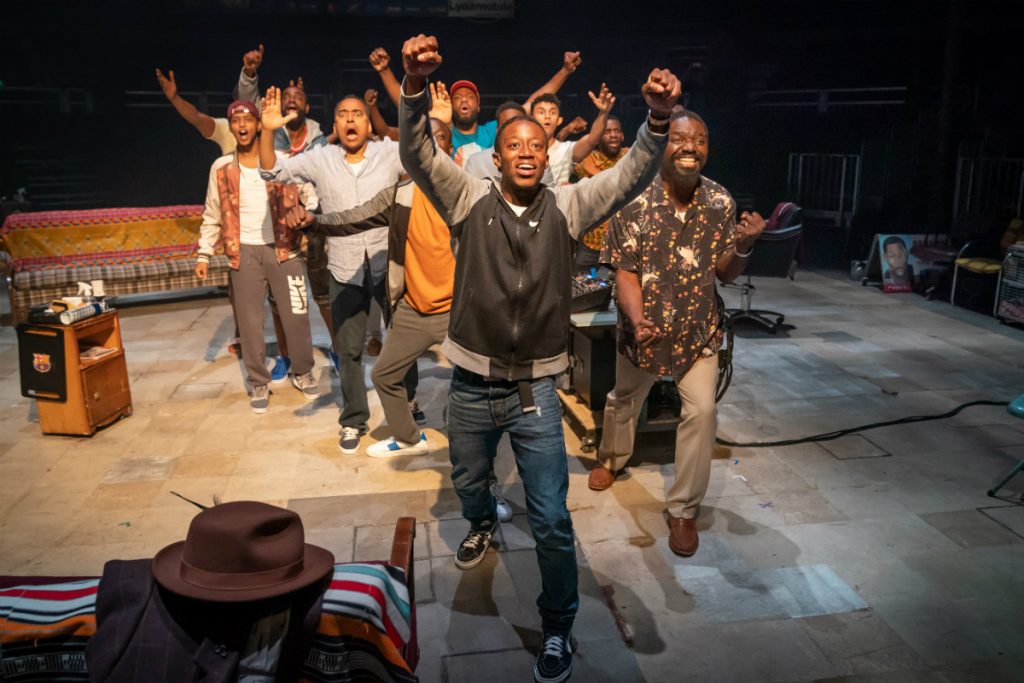
A key reason why the play connects with so many is because of its measured and thoughtful portrayal of black men, all around the world. From London, to Lagos, Harare, Kampala, Accra and Johannesburg, audiences get a small insight into the sacred space that barber shops are for black men – how they allow for frank discussions on race, gender, sexuality and politics, but also the truths that get left out. With most actors in the play portraying multiple characters, we’re given the chance to see the ways that black men are not all the same, despite the stories that have been told for so long.
Part of this is the fact that the play comes from a black man; playwright Ellams developed the story after hearing of a pilot project that aimed to teach barbers the basics in counselling – affirming the fact that barbershops around the globe are sites of respite for black men to interact in ways they can’t often do elsewhere. There’s a notable moment where a young man in the chair, Ethan (played by Elmi Rashid Elmi), specifically asks what it means to be a ‘strong black man’ – and it’s a question that I’m sure sticks with plenty of those watching. If media is always reinforcing the same idea of what black men are like, then what happens to the black boys who don’t see themselves in the same way? Where do they fit in?
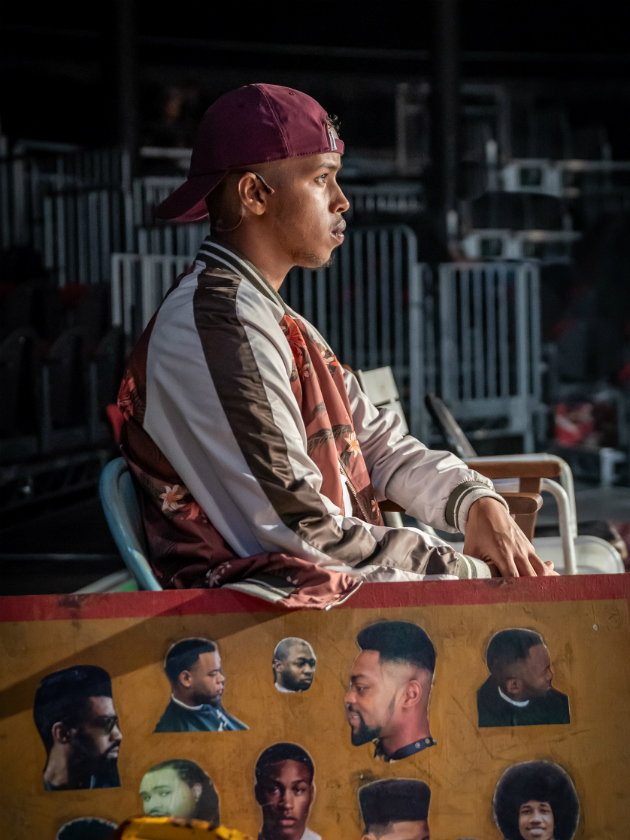
Black men are much more than the often-negative stereotypes that have dominated the media for generations. Like everyone else, they contain multitudes, and they need to be shown too. This, of course, shouldn’t be news to most people reading. But by reactions to seeing black men and boys when they’re anything other than one idea, it suggests that there are still a lot of people out there with one-dimensional ideas of who a person can be, merely because of their skin colour and gender.
The more unbridled, unfiltered black boy joy we get to see, the more everyone gains – and I hope there’s much more of it to come.






